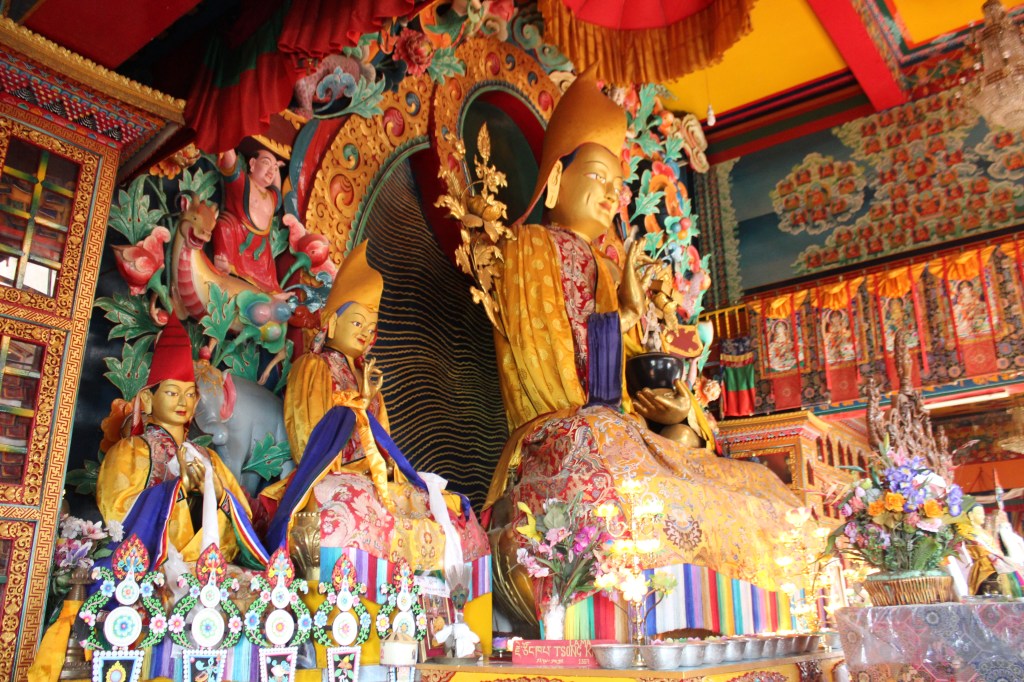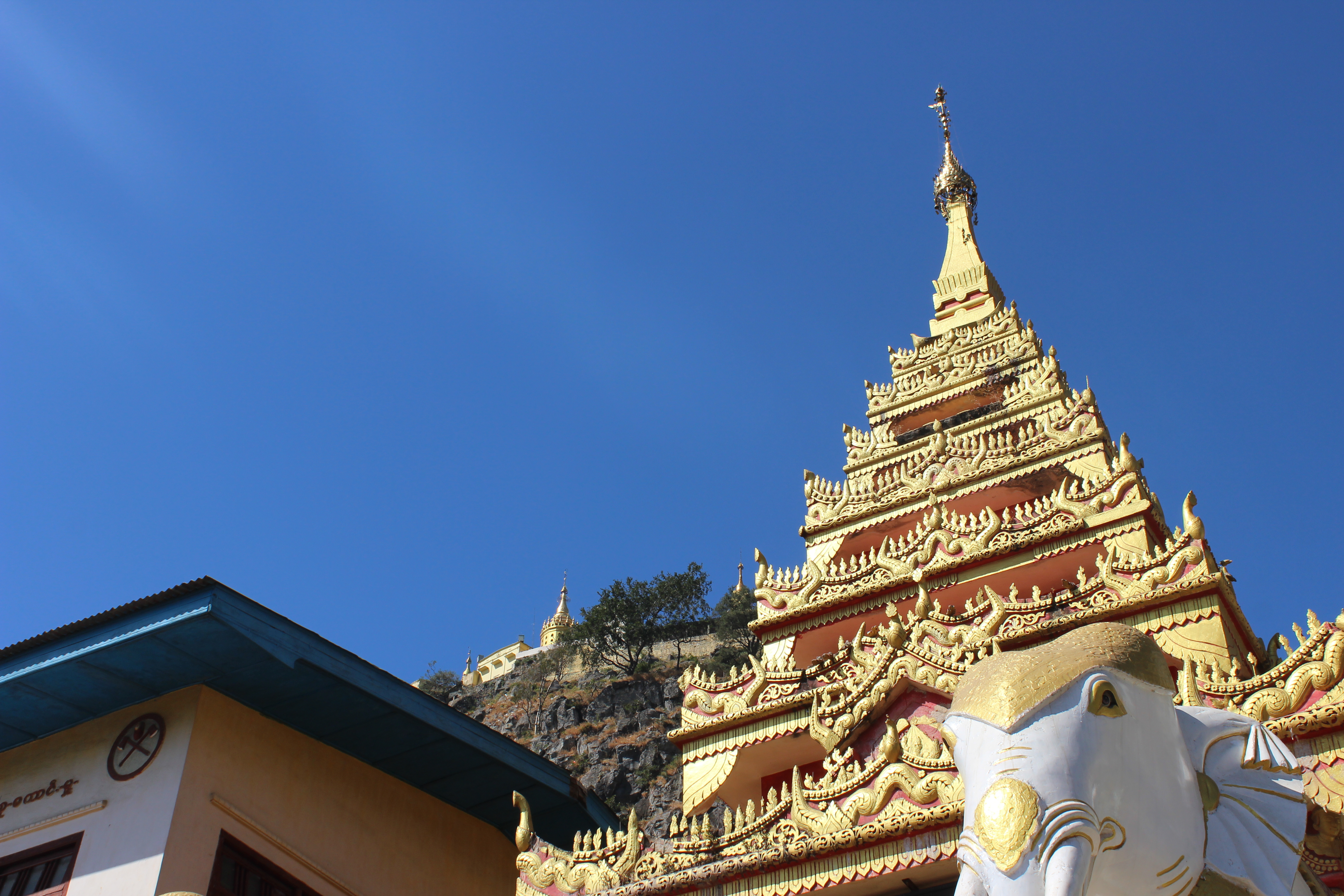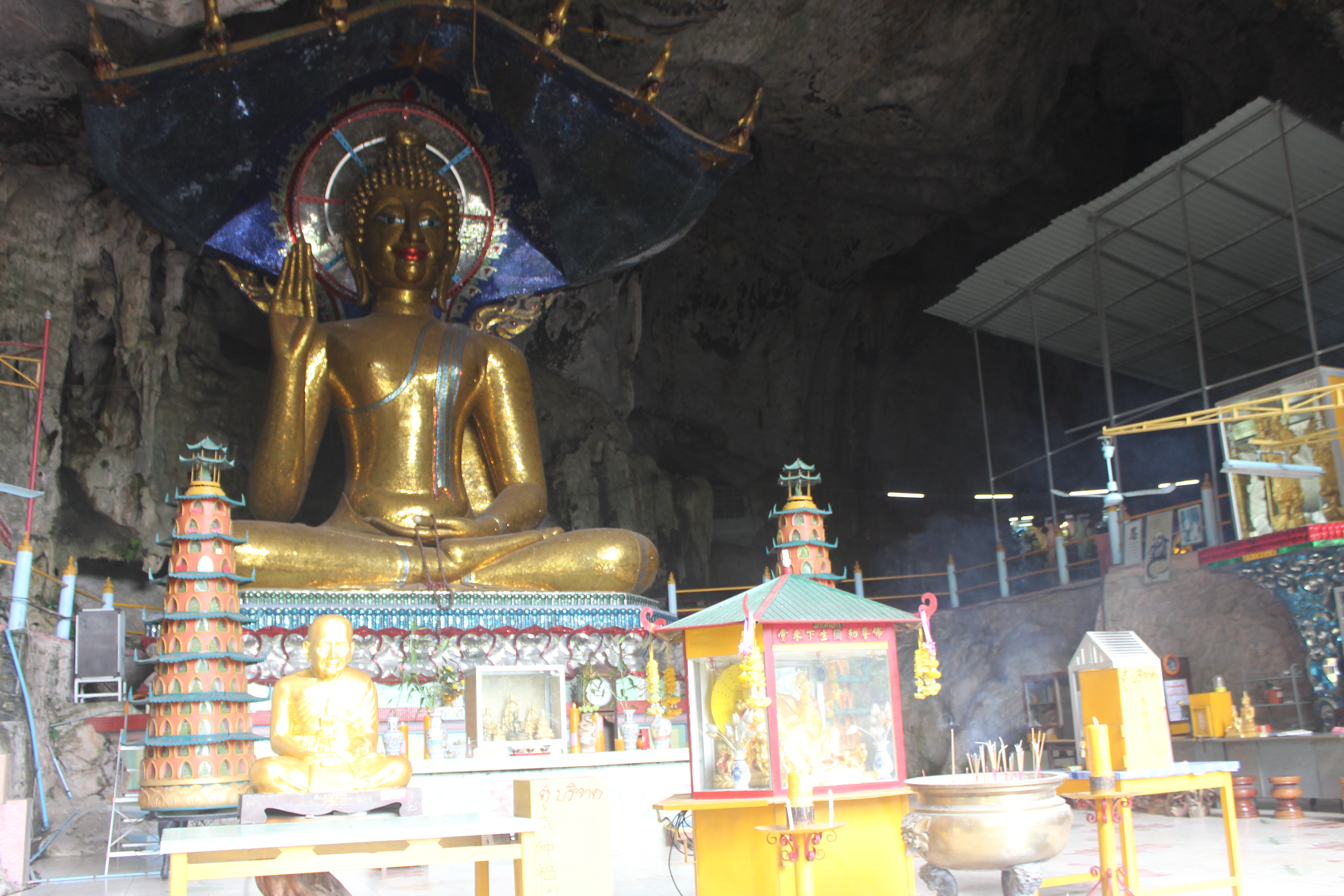Buddhism in the Bardo: Survival of the Species…

Some people might laugh at a monk in meditation, wasting his life away, but I laugh at the silly fools who cause global warming. Because, after living a long time in Thailand, that’s the main reason that I was reluctant to get involved with Buddhism, the perception that it was too passive, and incapable of dealing with the issues that face the world. So, for me that was an early premonition of what I might now call something like ‘socio-spiritual bypassing,’ i.e. the avoidance of social obligations by invoking the spiritual primacy of renunciation.
But at some point, I realized that renunciation was probably a greater tool than all the political action in the world, and, at least on some ways, likely to produce the greater impact, also. Because, for all our sociopolitical posturing, little is accomplished along those lines, and much of the developed world may soon be crisscrossed with windmills, without any detectable difference in our addiction to rapid locomotion, despite the visible degradation of our relationship to Nature. With a population of more than eight billion souls, renunciation may soon be the only avenue of survival.
And, if that’s a bitter pill to swallow, then so be it. Because the writing has been on the wall for at least sixty to eighty years now, and we’ve only sunk deeper in our denial of the likely results, as Elon exhorts us to make more babies, so that he can rake in more gazillions. And that’s maybe the saddest part, that the only way that we can show our love for these people on this planet is to create more babies, who must then shoulder the burden of our conundrum.
So suddenly renunciation is not a bad option at all, and the disappearance of the y-chromosome only seconds that emotion. Because, whatever the numbers of our reproduction and its proliferation, or not, it’s impossible to live in a world without love. But we might need to change that meaning. And that’s where Buddhism comes in, because love comes in many forms and flavors. Metta, or lovingkindness, is the preferred Buddhist flavor, and the world community is the intended recipient. That’s Buddhism.









 No, I’m not talking about fighting the mean nasty ugly Muslims that fundamentalist Buddhists are supposed to hate because they supposedly ‘destroyed Buddhism in India’ with their medieval invasion, from which Buddhism never quite recovered. But I notice that ‘Hinduism’ recovered, though, hint hint, exposing this as false narrative. It seems that India is not big enough for both, especially when Hinduism is quite happy to include Buddhism under its larger umbrella, making and marketing itself as something of a national religion, if and when it is one, at all…
No, I’m not talking about fighting the mean nasty ugly Muslims that fundamentalist Buddhists are supposed to hate because they supposedly ‘destroyed Buddhism in India’ with their medieval invasion, from which Buddhism never quite recovered. But I notice that ‘Hinduism’ recovered, though, hint hint, exposing this as false narrative. It seems that India is not big enough for both, especially when Hinduism is quite happy to include Buddhism under its larger umbrella, making and marketing itself as something of a national religion, if and when it is one, at all… Plato’s ‘Allegory (or Myth) of the Cave’ is one of the great works of speculative philosophy, and very special to those who love his work, equal in thought and substance to Jesus’s parables, Einstein’s ‘thought experiments, or the Buddhist sutras, IMHO. This is the starting point to Platonic idealism, much of which was incorporated into Christianity in the early Roman era, until they finally got hip to the more worldly work of Aristotle. Hey, things take time…
Plato’s ‘Allegory (or Myth) of the Cave’ is one of the great works of speculative philosophy, and very special to those who love his work, equal in thought and substance to Jesus’s parables, Einstein’s ‘thought experiments, or the Buddhist sutras, IMHO. This is the starting point to Platonic idealism, much of which was incorporated into Christianity in the early Roman era, until they finally got hip to the more worldly work of Aristotle. Hey, things take time…
Reply